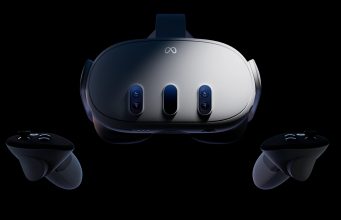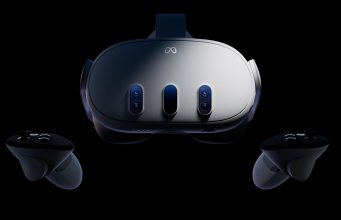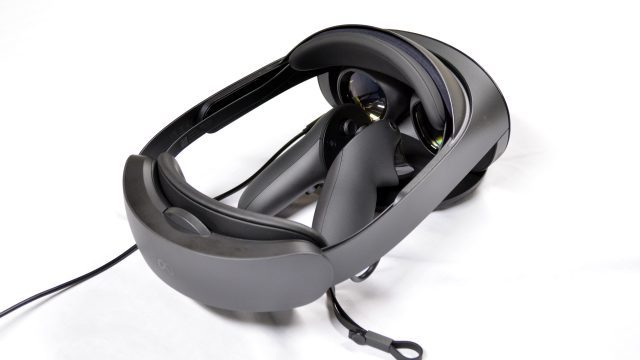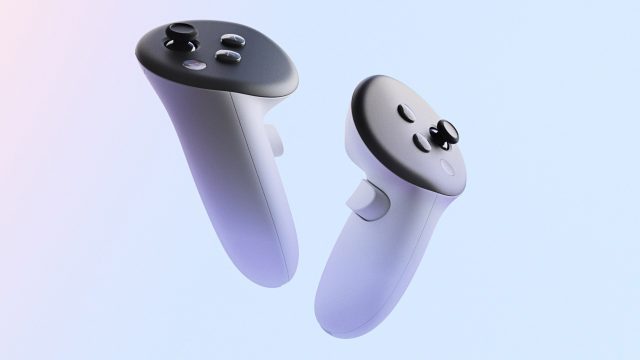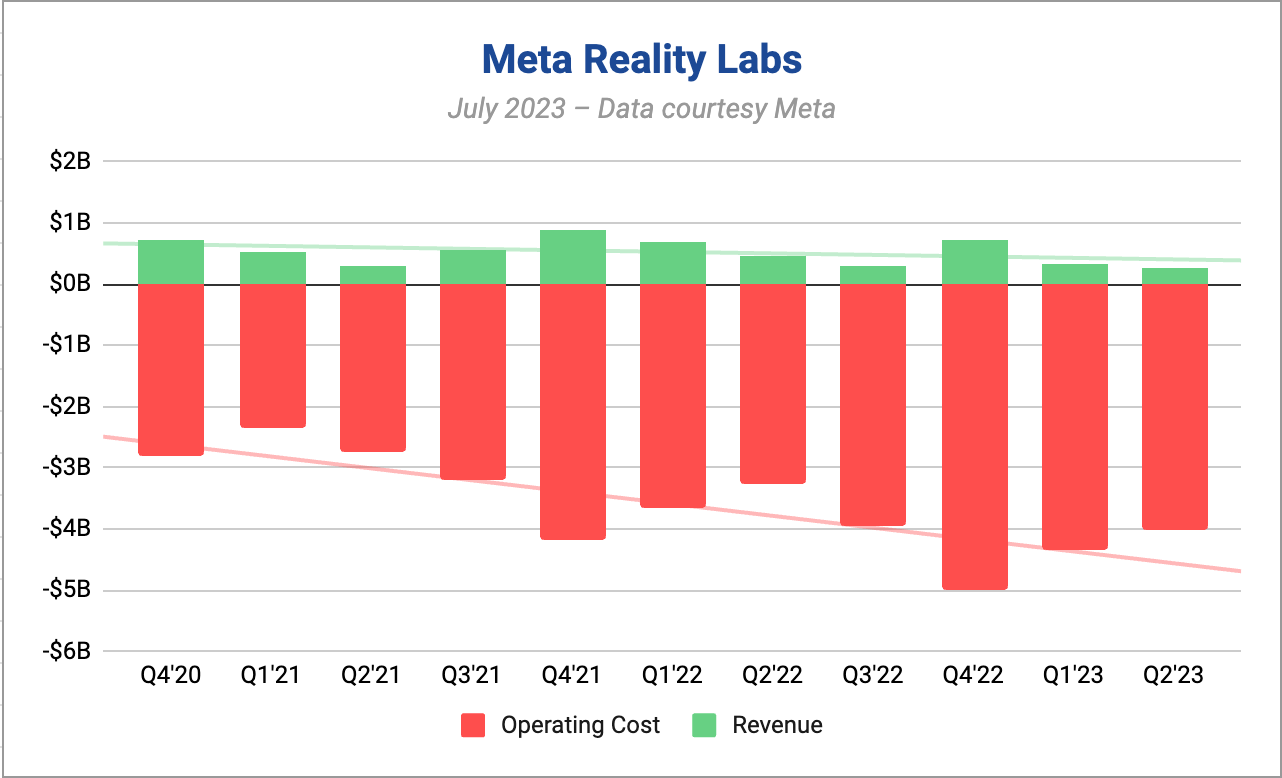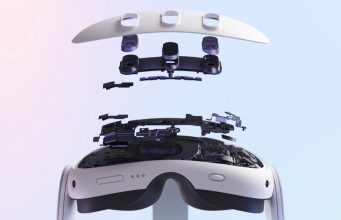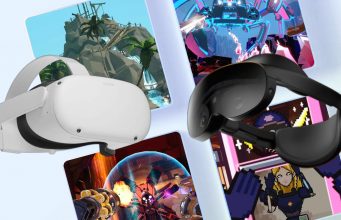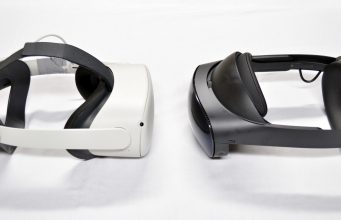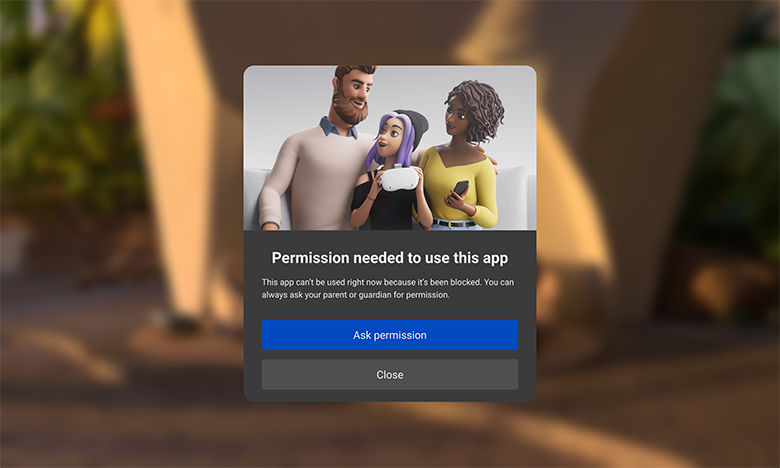European Pricing for Quest 3 Accessories Allegedly Leaked
Meta Quest 3, the company’s upcoming $500 standalone mixed reality headset, is probably going to get a big info dump at Connect 2023 later this month. It appears an ecommerce site in Europe has leaked some of the available accessories and prices.
As first reported by MIXED, Netherlands-based online vendor UnboundXR.eu listed a number of Quest 3 accessories and prices ahead of their official availability:
- Meta Quest 3 Silicone Face Interface (Black) for €49.99
- Meta Quest 3 Carrying Case for €79.99
- Meta Quest 3 Elite Strap with Battery for €149.99
- Meta Quest 3 Charging Dock for €149.99
Listings for everything but the Quest 3 carrying case have since been removed from the site.
Notably, those prices include value added tax (VAT), which in the Netherlands is 21%. It’s not clear exactly how that will look in US pricing, however when comparing previous accessory prices in the EU, US prices may look something like this:
- Meta Quest 3 Silicone Face Interface (Black) for $39.99
- Meta Quest 3 Carrying Case for $59.99
- Meta Quest 3 Elite Strap with Battery for $119.99
- Meta Quest 3 Charging Dock for $119.99
Granted, that’s only some healthy specualtion, so we’ll just have to wait and see.
If Quest 3 is anything like Quest 2 in terms of accessories though, there are sure to be many more to choose from, including prescription lenses, left and right replacement controllers, and a version Elite Strap without the built-in external battery.
Speaking of Elite Straps, if you were hoping to save a buck by reusing a Quest 2 Elite Strap (if it isn’t already shattered to pieces), a leak posted by X user ‘VR Panda’ potentially reveals that the Quest 3 attachment point is notably smaller than Quest 2’s, meaning you’ll need to buy a new Elite headstrap for Quest 3.
— VR Panda. Alex From CHN (@ZGFTECH) September 4, 2023
Whatever the case, we’re sure to learn more soon at Connect 2023, which takes place September 27th – 28th at Meta’s Menlo Park, California headquarters.
European Pricing for Quest 3 Accessories Allegedly Leaked Read More »
